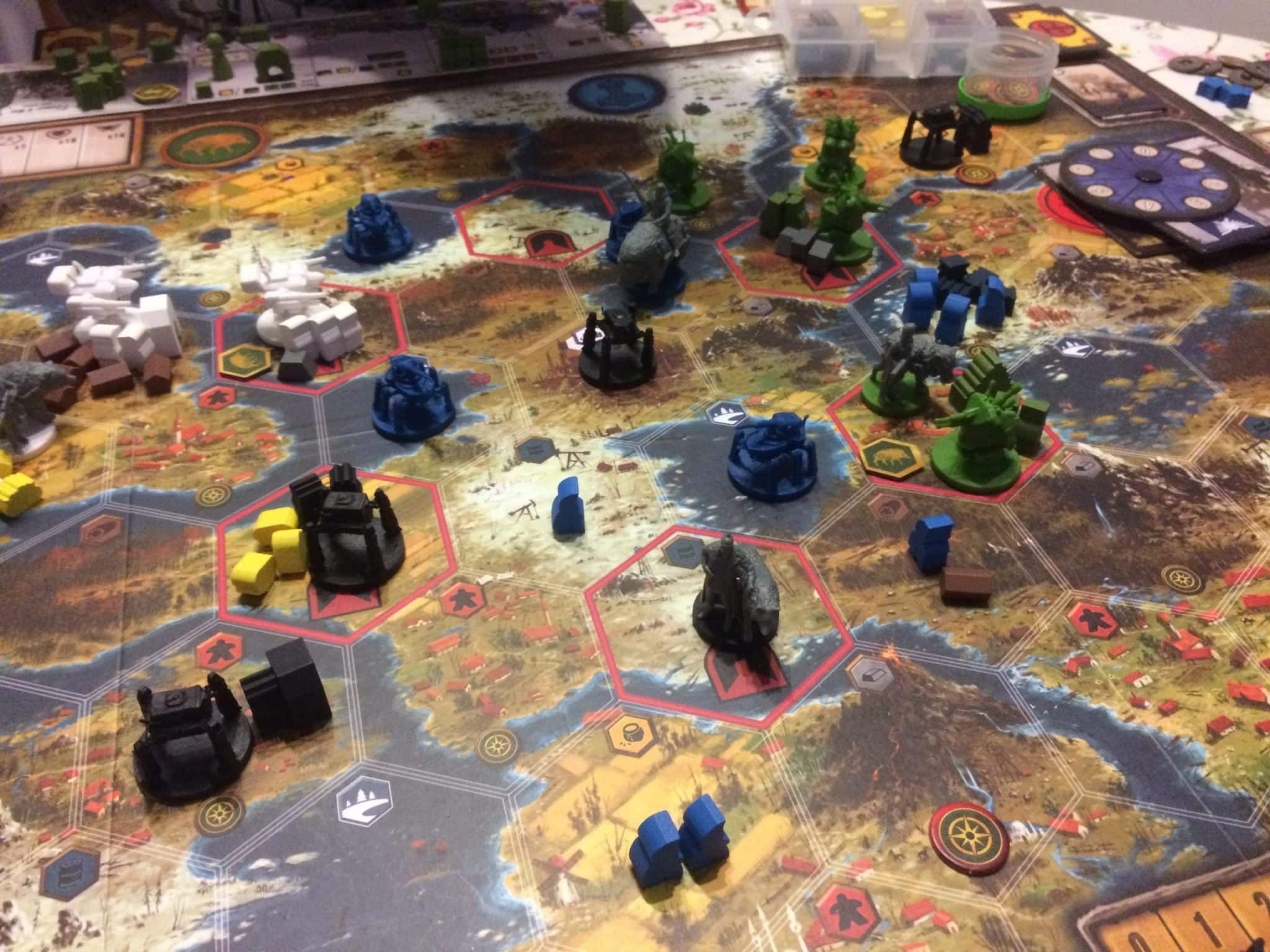
Scythe (Saturday Review)
- Nelly
- August 2, 2024
- Board Games
Scythe, written by Neal Shusterman, is a compelling novel that takes place in a futuristic world where death has been eradicated. In this society, humanity has achieved immortality through advanced technology, and the only way to control population growth is through the careful selection of individuals known as scythes, who are tasked with “gleaning” or killing people.
The novel follows the journey of two teenagers, Citra and Rowan, who are chosen to apprentice under a scythe and eventually take on the role themselves. As they undergo their training, they are forced to question their own morals and beliefs as they come face to face with the weight of choosing who lives and who dies.
Shusterman’s writing is both thought-provoking and poignant as he delves into complex themes such as power, morality, and the meaning of life. The book raises important questions about the nature of humanity and the consequences of living in a world without death.
One of the most compelling aspects of Scythe is its portrayal of a society that has eliminated death but at the cost of losing some of the things that make life meaningful. The novel explores the idea that death gives life its value and beauty, and without it, humanity risks losing compassion, empathy, and the ability to appreciate the fleeting nature of existence.
The characters in Scythe are well-developed and engaging, with Citra and Rowan serving as relatable protagonists who grapple with the weight of their newfound responsibilities. Their journey from reluctant apprentices to skilled scythes is both emotionally resonant and gripping, keeping readers on the edge of their seats as they navigate the complexities of their new roles.
Overall, Scythe is a thought-provoking and engaging novel that offers a fresh perspective on the concept of death and immortality. Shusterman’s expert storytelling and richly drawn characters make this book a must-read for fans of dystopian fiction and philosophical exploration.




